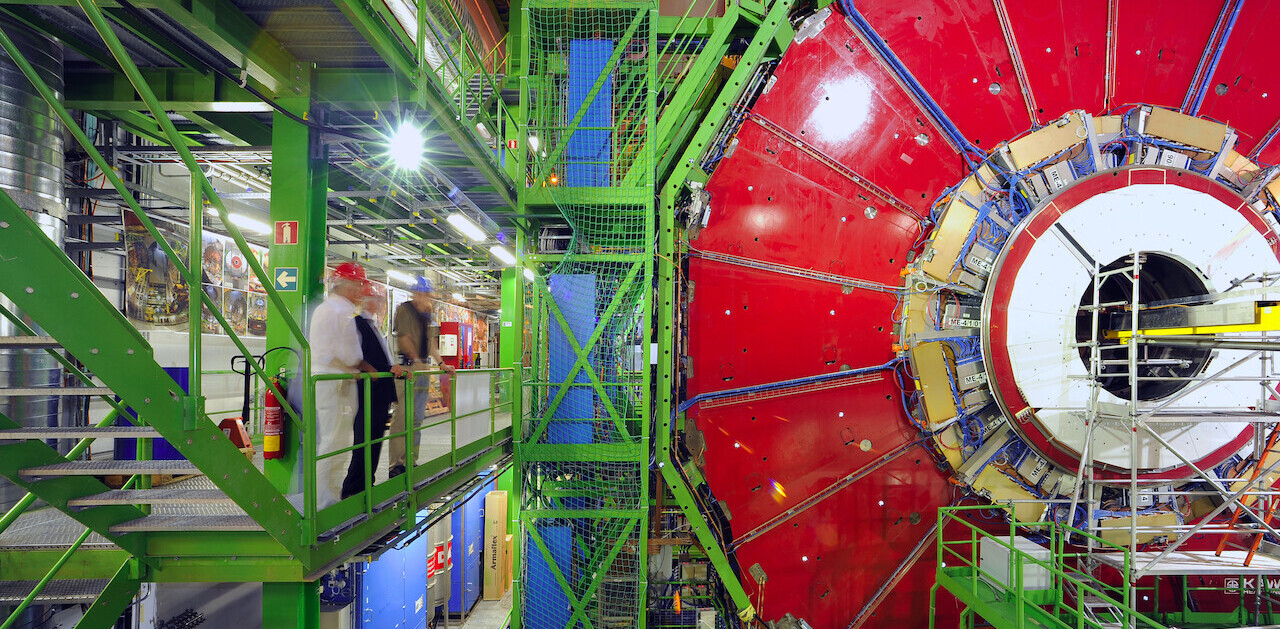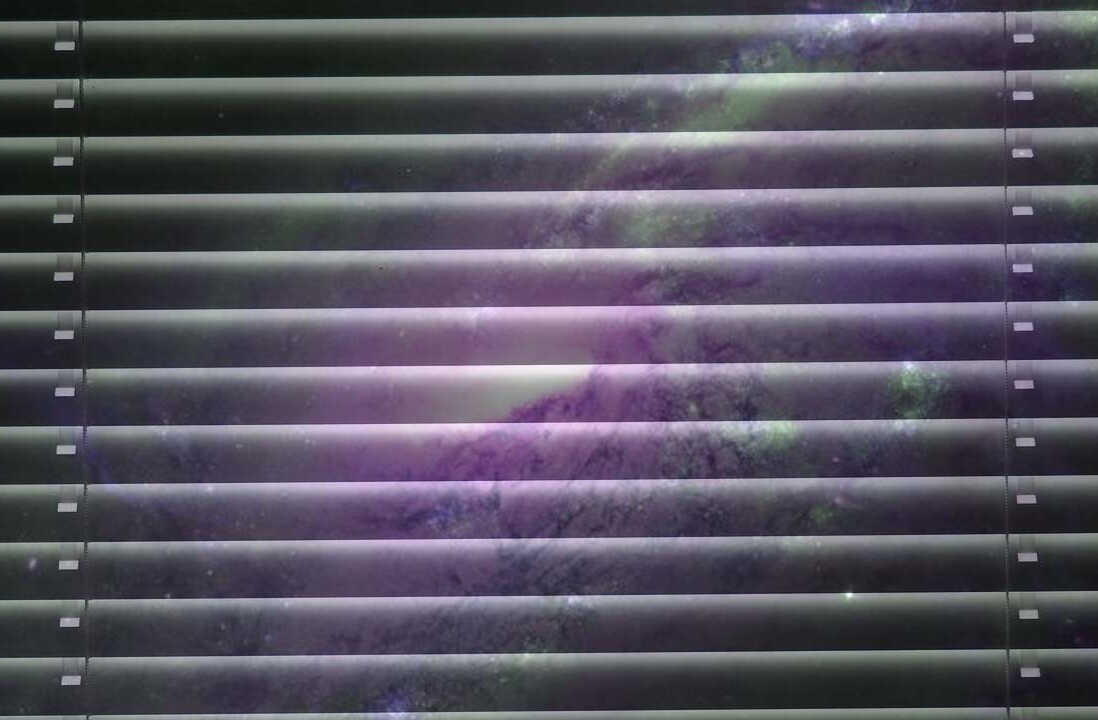
Imagine if scanning a book was as simple as ripping a CD. No page turning, no adjusting, just insert any book and get a digital copy.
An MIT paper published in Nature Communications proposes technology that does just that, and if it works this could change the way libraries and archives digitize documents. This video explains how the process works:
The process uses tetrahertz radiation, which is absorbed by paper and ink differently. The camera is so finely tuned that researchers can detect the different between one page and another, despite there being only 20 micrometers of air between each page. The scanned pages are run through all kinds of software magic until an image of a page results, which can then be processed by OCR.
Of course, this is a long ways off from being practical. Right now the technology allows for reading through nine pages of a close book, which isn’t a lot. But further research could make this a lot more powerful, and the results could be amazing, particularly for achivists and librarians.
Ancient books that shouldn’t be handled by human hands can be unlocked without disruption. And if the process becomes speedy enough, digitizing a book could become a lot less labor intensive. Here’s hoping the tech keeps improving.
Get the TNW newsletter
Get the most important tech news in your inbox each week.





